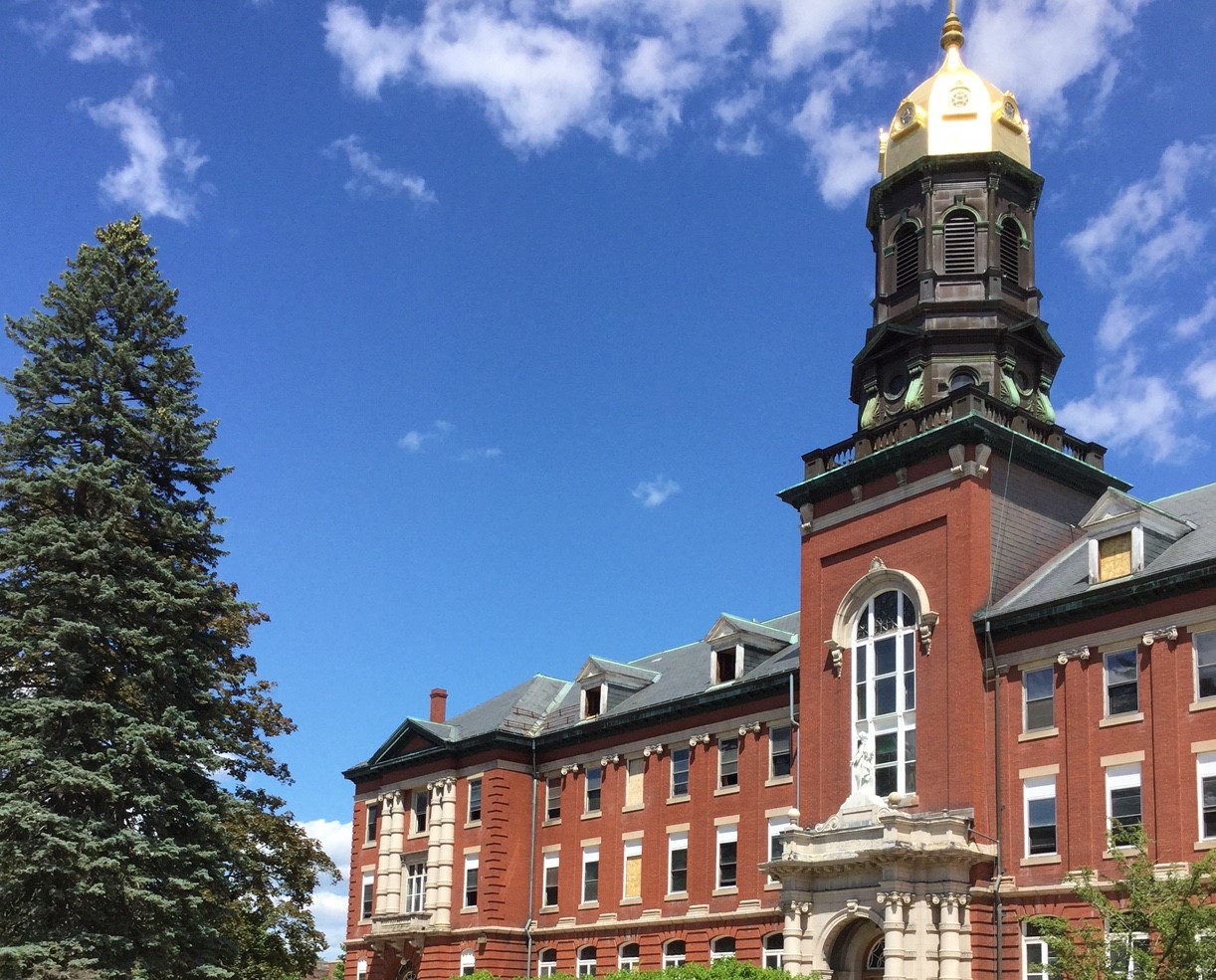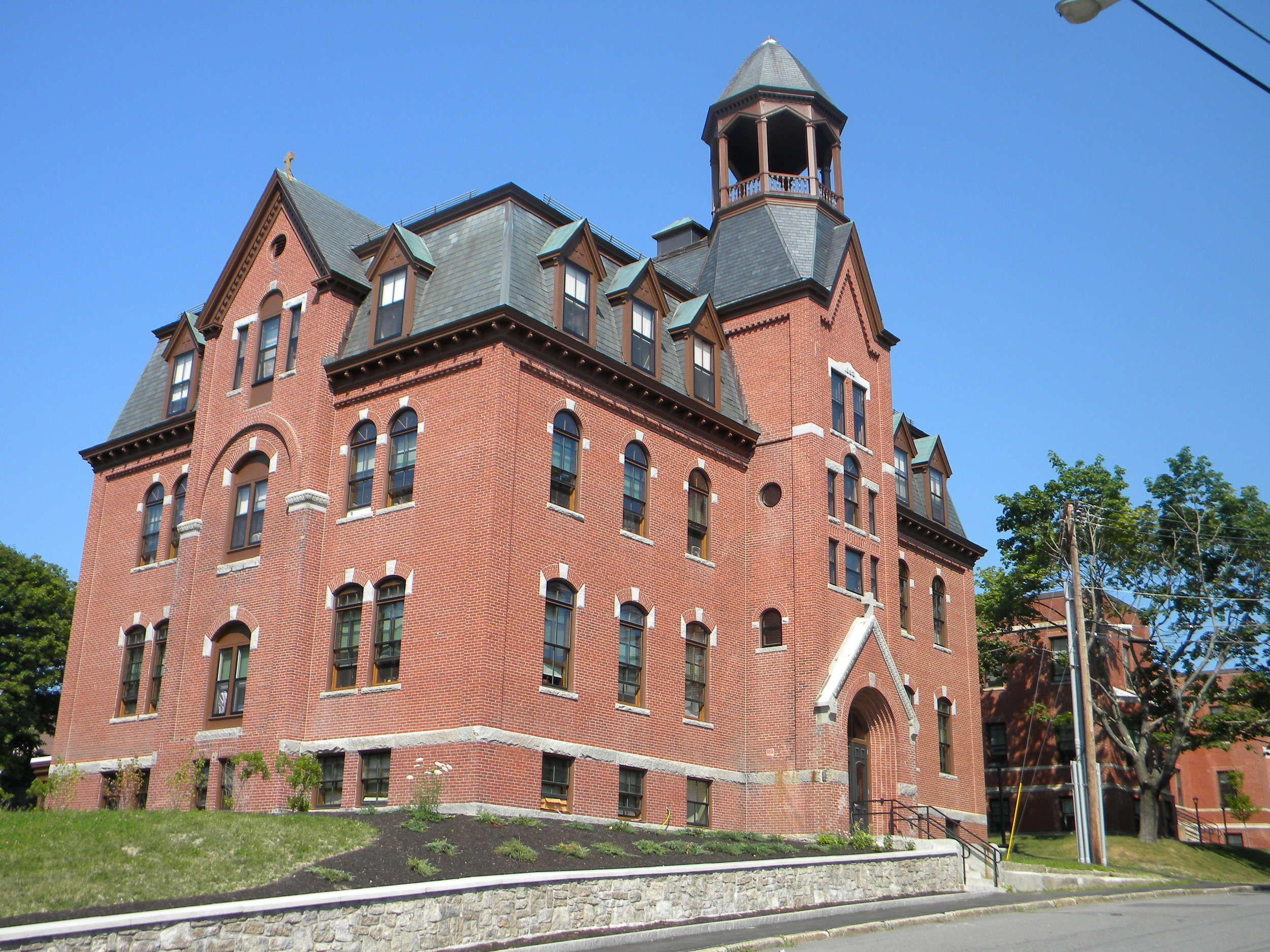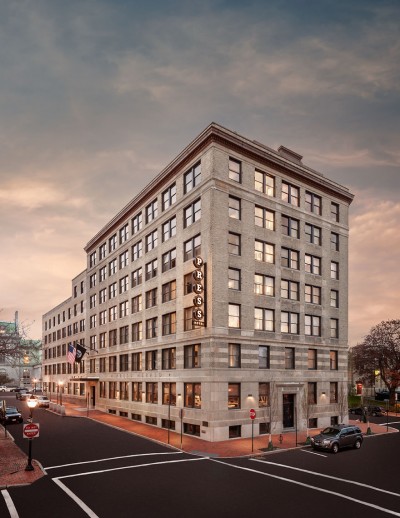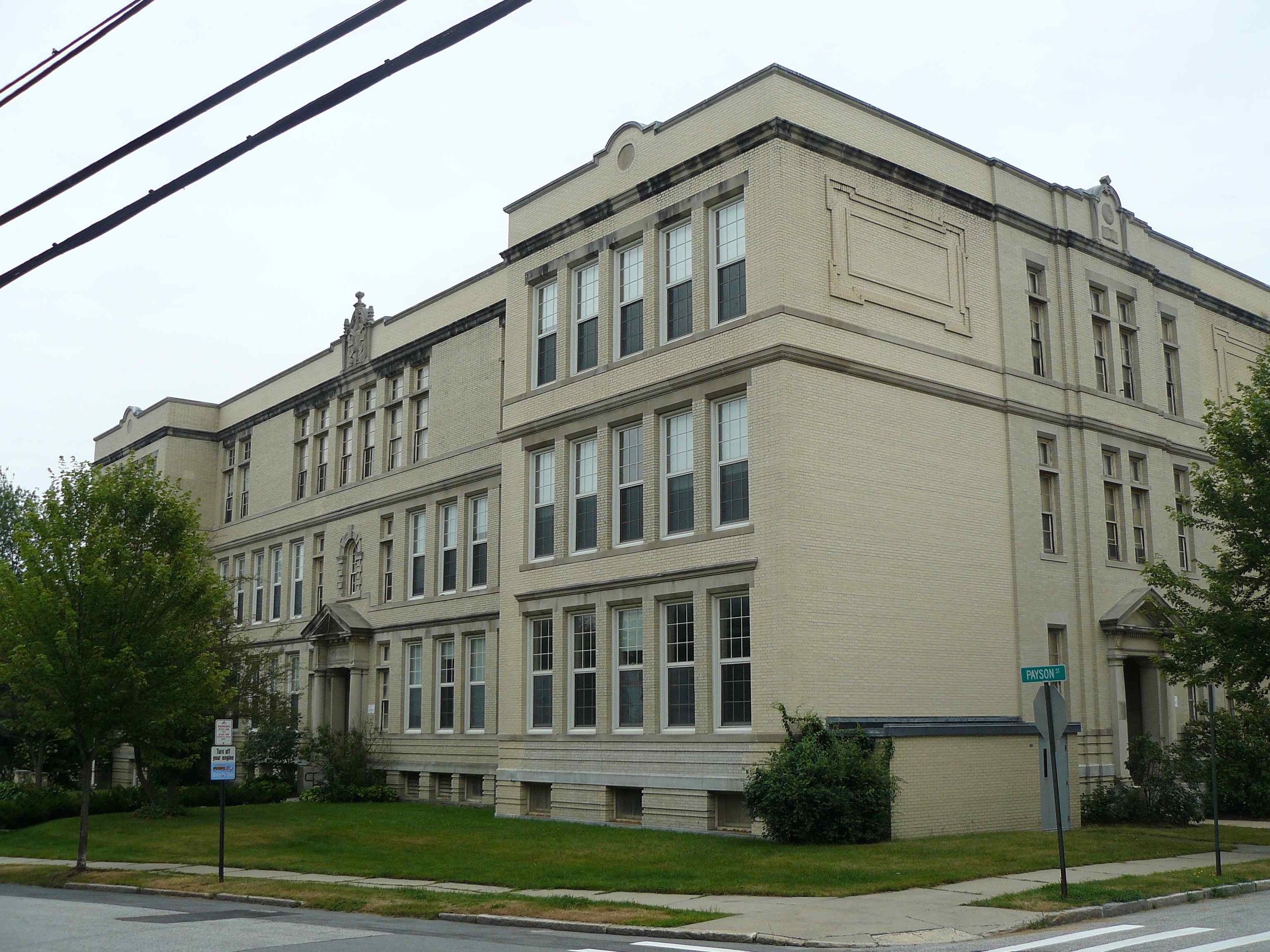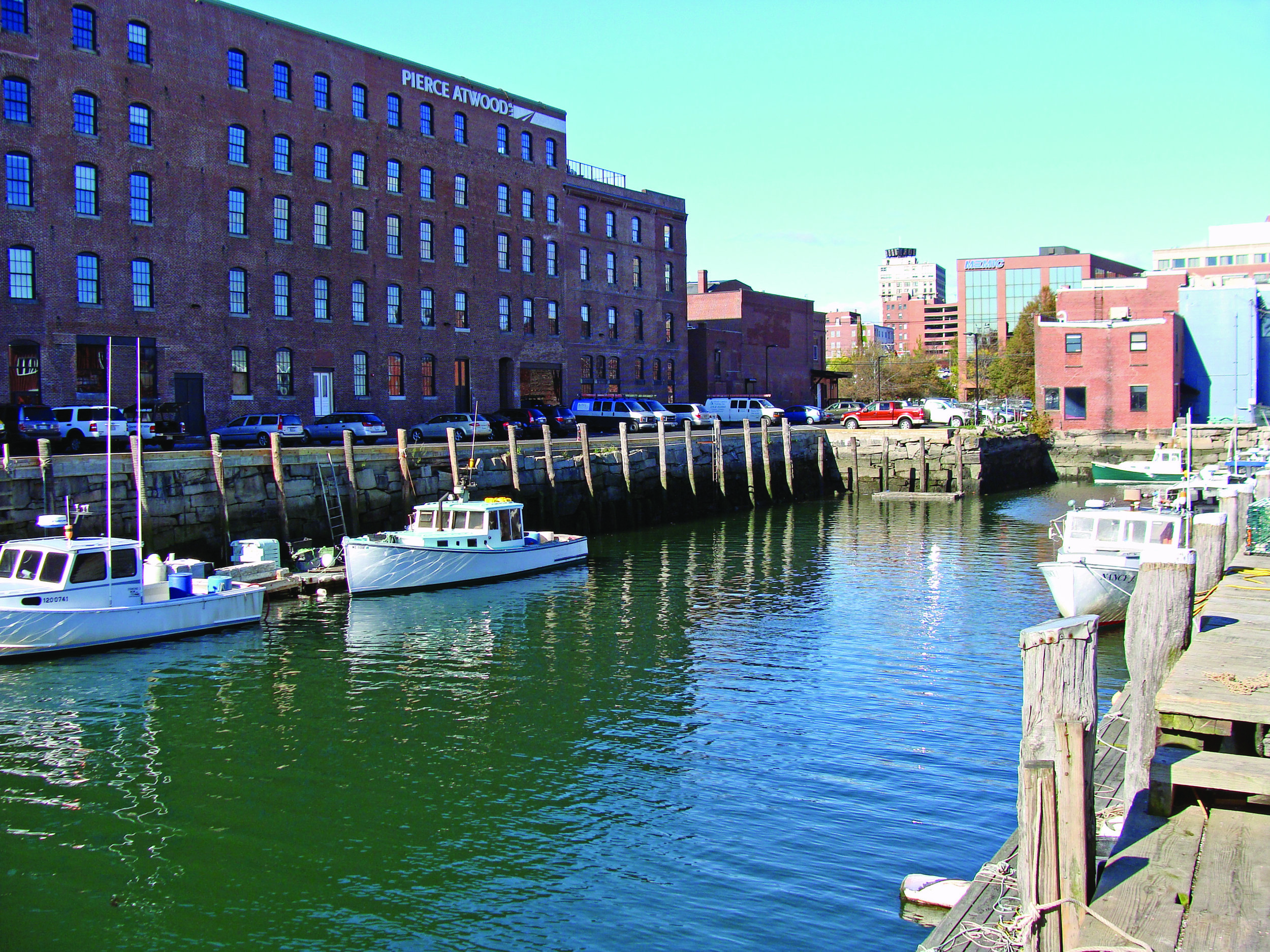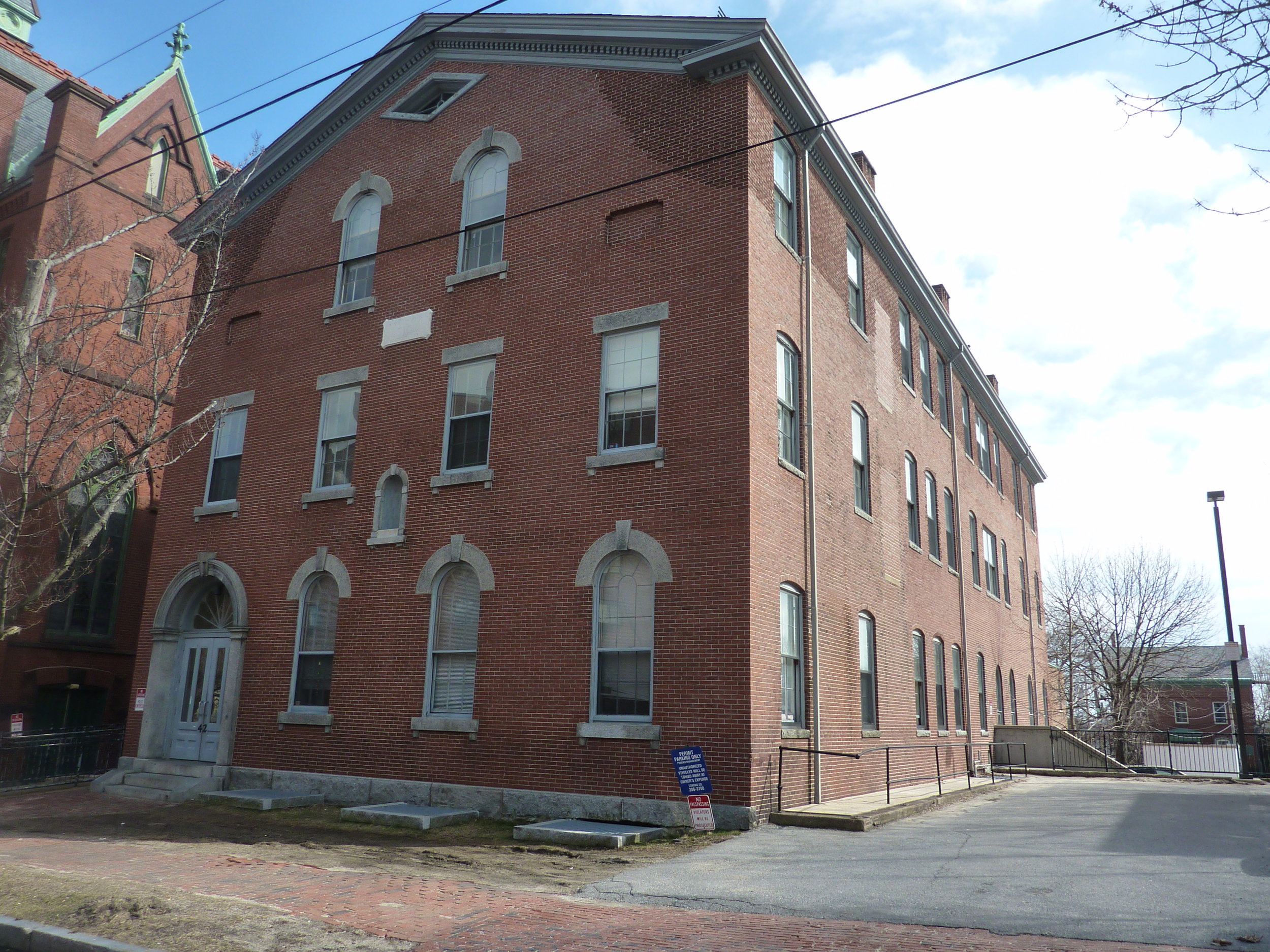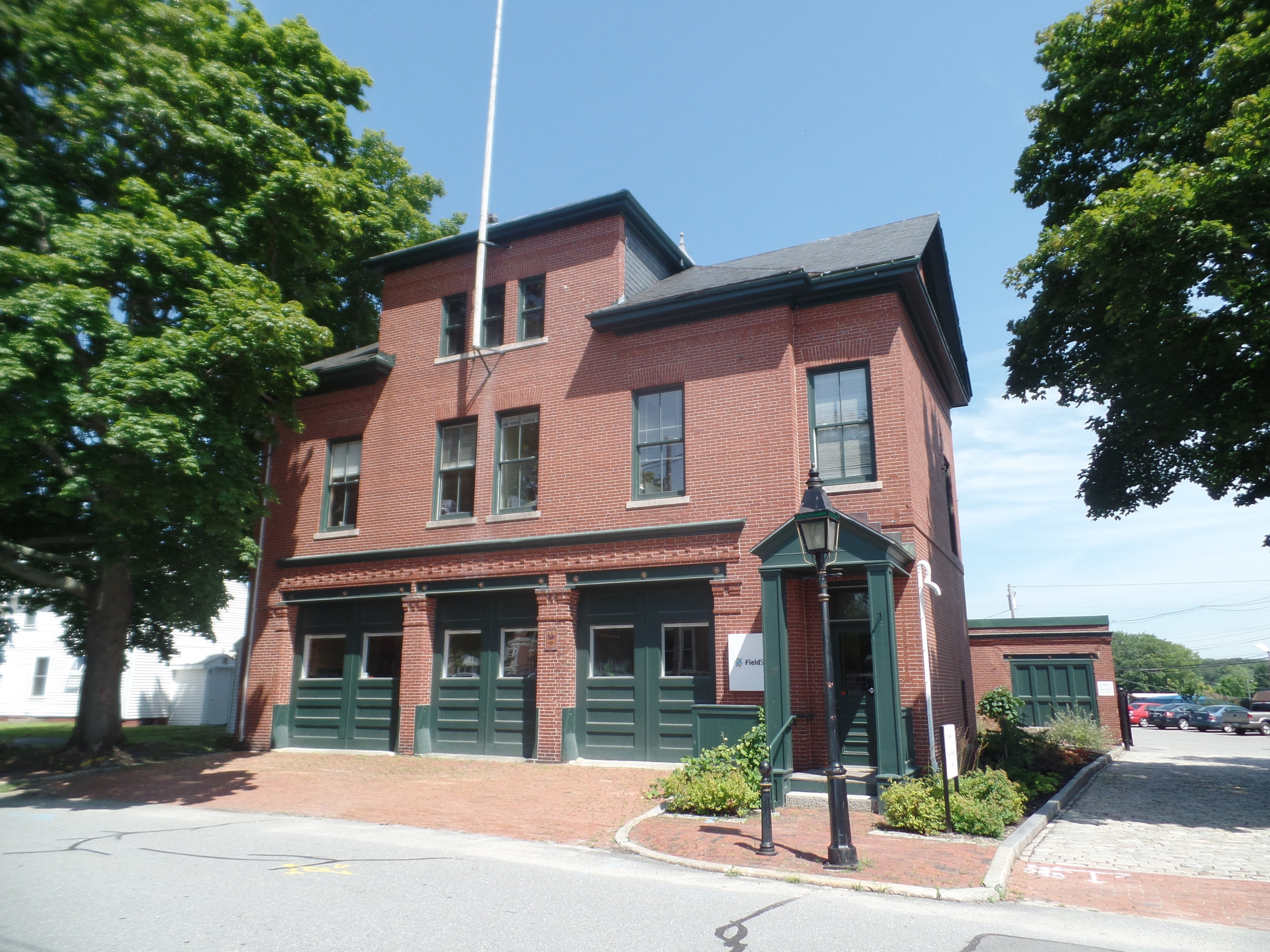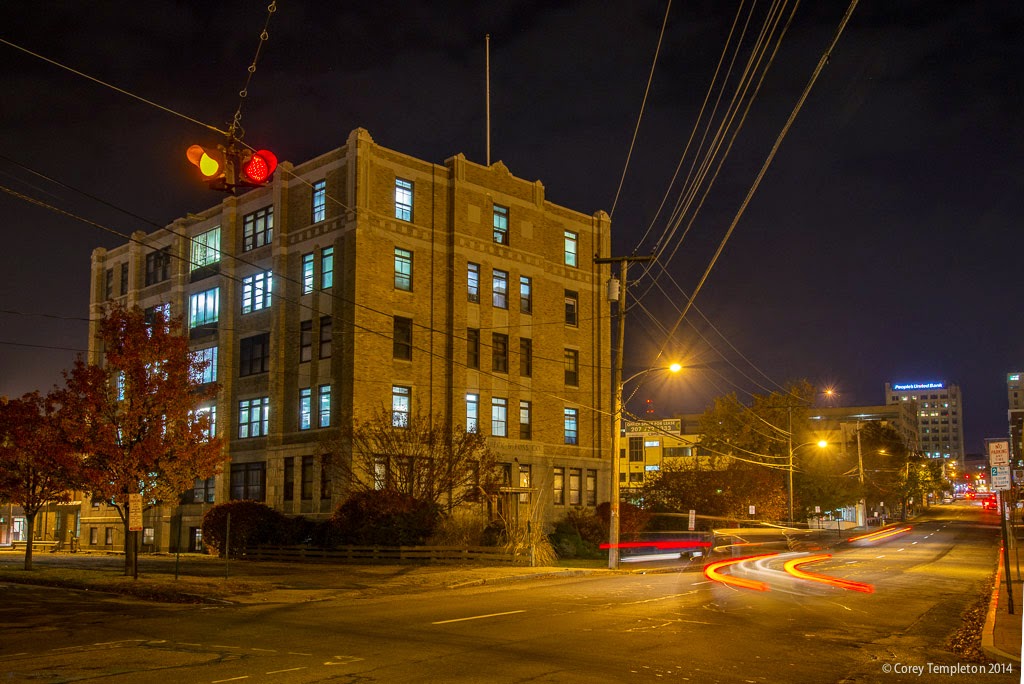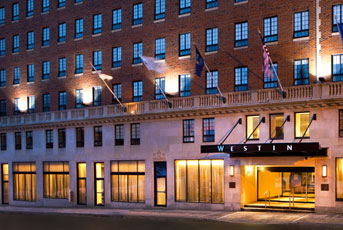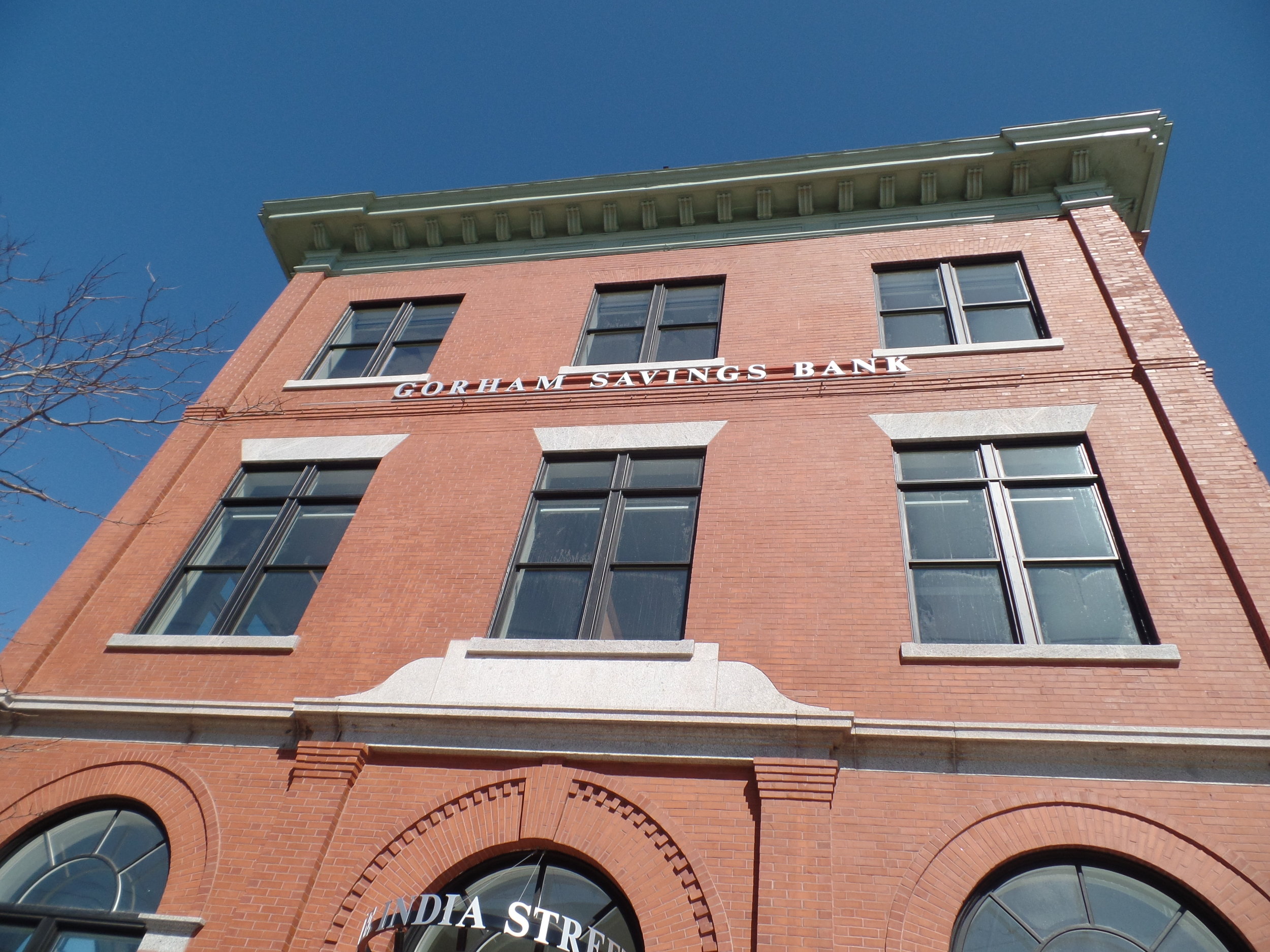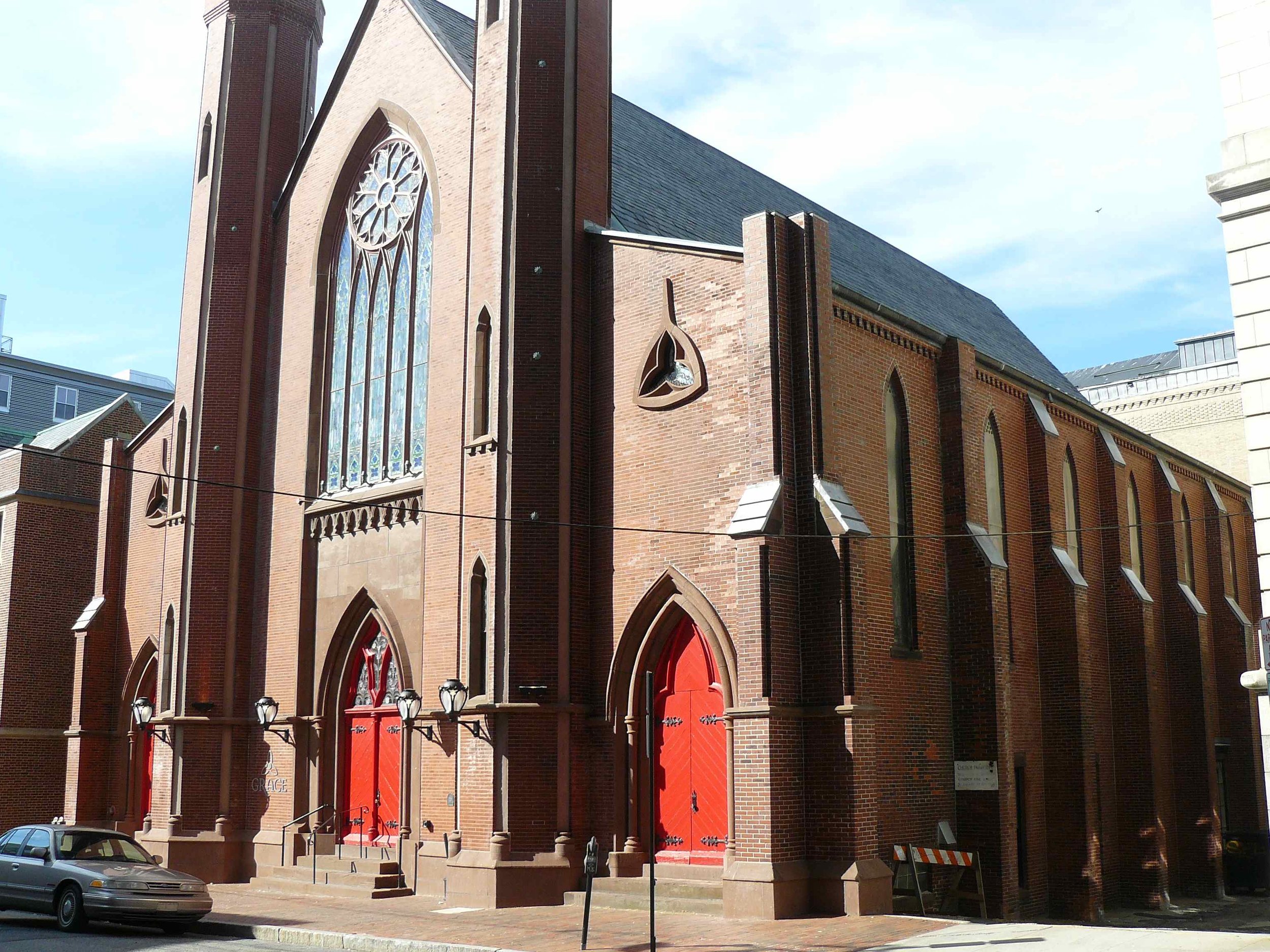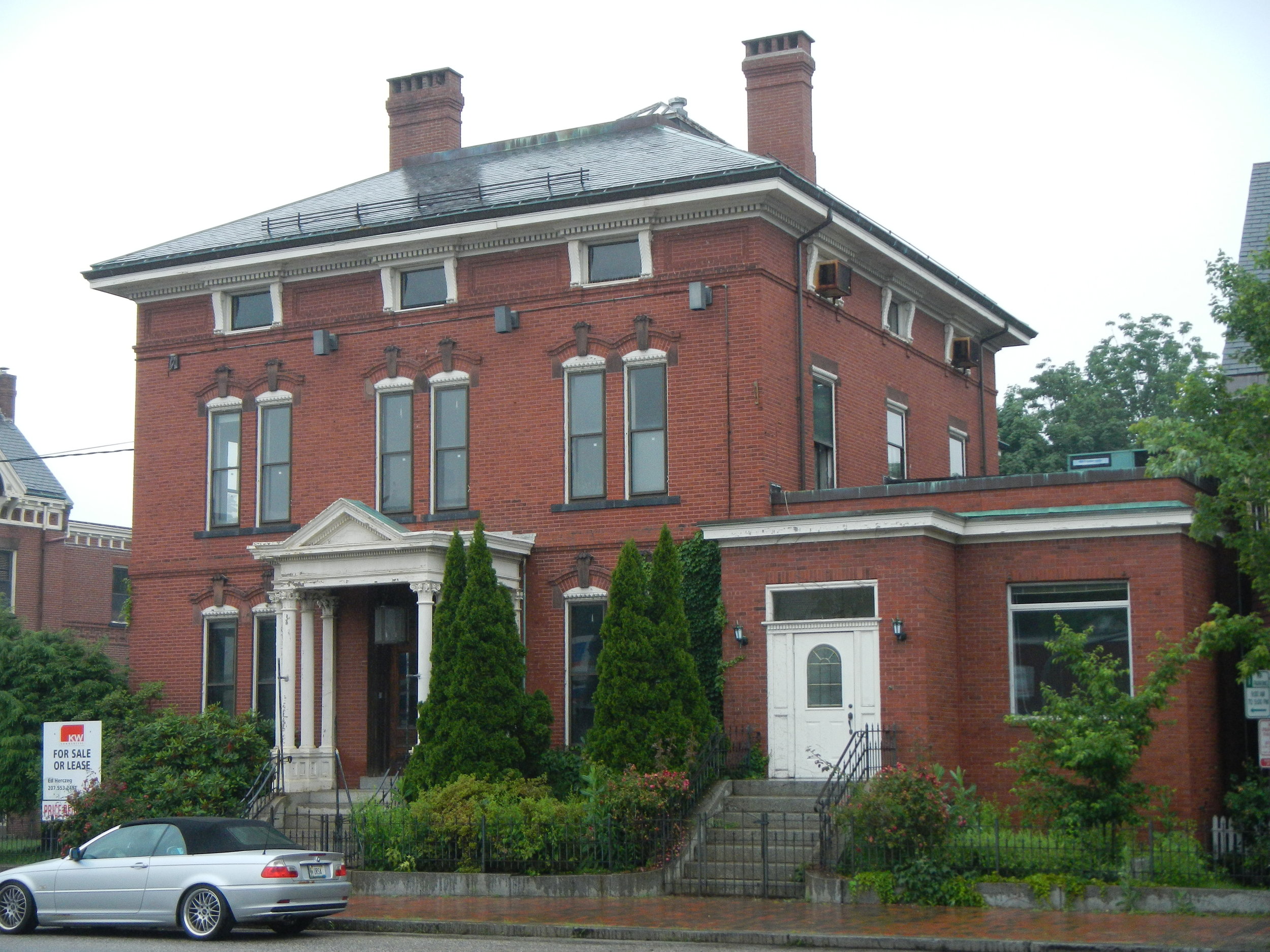Federal Historic Tax Credits
Recovery
Join us to support Historic Preservation’s role in our country’s recovery. Proposed improvements to the federal Historic Tax Credit program would help support Maine’s economic recovery during the COVID-19 pandemic by supporting small businesses, creating quality jobs, and facilitating the creation of affordable housing.
"Our historic tax credits have made the preservation of our older buildings not only a matter of respect for beauty and history, but of course for economic good sense."
President Ronald Reagan, 1984.
THE ISSUE
For more than three decades, the federal Historic Tax Credit (HTC) has successfully implemented a national policy of preserving our historic resources. It is the most significant investment the federal government makes toward the preservation of our historic buildings. Despite a proven track record of stimulating economic growth and preserving our architectural heritage, the historic tax credit faces an uncertain future.
OUR POSITION
Landmarks joins preservation organizations across the country in supporting the proposed Historic Tax Credit Growth and Opportunity Act (HTC-GO) as well as temporary enhancements to the Historic Tax Credit (HTC) to aid in the economic recovery.
On 1 April 2021 Rep. Earl Blumenauer (D-OR) and Darin Lahood (R-IL) introduced a new version of HTC-GO in the House of Representatives. Please join Landmarks and other organizations around the country in asking our members of Congress to Enact the Historic Tax Credit Growth and Opportunity Act (HTC-GO). HTC-GO provisions would make the credit easier to use for small projects and non-profits, allow more historic properties to utilize the incentive, and would enhance the overall value of the HTC, bringing more investment capital into projects that will use it directly for job creation and sustained economic activity.
Temporary Provisions:
Boost Economic Activity by Temporarily Increasing the HTC Percentage (through 2024) for all Rehabilitation Projects from 20 to 30 percent of Qualified Rehabilitation Expenses (QREs). The credit would then be phased down in subsequent years, 26% in 2025, 23% in 2026, and 20% in 2027.
Permanent Provisions:
Increase the HTC from 20% to 30% for smaller projects with less than $2.5 million in Qualified Rehabilitation Expenses (QREs).
Lower the substantial rehabilitation threshold from 100% to 50% of adjusted basis, making more buildings eligible to use the HTC.
Eliminate the HTC basis adjustment (deducts the value of the tax credit from the property’s value for tax purposes) make it easier to pair with low-income housing tax credits (LIHTC).
Modify HTC rule requirements regarding certain tax-exempt use properties. Make the HTC easier to use by non-profits for affordable housing, homeless services, arts centers, and others.
Maine’s small businesses and construction industry, like so many others, has experienced drastic, and in some cases, devastating impacts due to the necessary COVID-19 countermeasures both with projects presently under-construction and in the financing of future projects.
Including HTC provisions in an economic recovery bill can not only aid projects facing present obstacles but also act as a catalyst for new exponential growth in historic rehab projects across Greater Portland and the entire state.
The HTC is a proven program that generates more money for the Treasury than it costs, while also creating local jobs and promoting strong communities across the country and here in Maine. In Maine more than 72 historic buildings have been rehabilitated using HTC investment generating $77 million in taxes and $283 million in business and household income. Greater Portland Landmarks encourages you to ask members of Congress to ensure the federal Historic Tax Credit is improved and enhanced in 2020.
Rehabilitation projects costs on average are 60% labor and 40% materials compared to new construction, which is about 40% labor and 60% materials. In addition to requiring more local labor, rehabilitation projects tend to use a greater percentage of locally purchased materials. As a result about 75% of the economic benefits of these projects remain in the communities where projects are located, and for Maine that's over $219 million in labor costs and materials purchases.
In addition to revitalizing communities and spurring economic growth, the HTC returns more to the Treasury than it costs—$1.20-1.25 in tax revenue for every dollar invested. Yet because historic rehabilitation projects frequently have higher costs and greater design challenges they face lender and investor bias against investments. The historic tax credit helps to bridge the gap when financing historic preservation projects.
Maine is one of thirty-four states across the country that recognizes the economic development potential of historic rehabilitation projects and has enacted a state tax credit program that works in tandem with the federal program. The Maine program provides an additional incentive to attract investment in Maine communities, and has been particularly useful in kick-starting economic development in Maine's small towns and rural communities.
We thank Sen. Collins for her past leadership on this issue and urge the rest of Maine's congressional delegation to support these proposed improvements and enhancements to the historic tax credit.
Greater Portland projects funded in part with Historic Tax Credits
Falmouth High School/Plummer School,1 92 Middle Road, Falmouth, vacant school turned senior housing, completed November 2017
St. Dominic's School, 42 Gray Street, Portland
Chestnut Street Church, Chestnut Street, Portland, vacant church turned restaurant, completed October 2009
Samuel T Pickard House, 743 Congress Street, Portland, rehabilitated lodging house, completed February 2010
Akers Building, 386 Fore Street, Portland, rehabilitated offices & retail, completed May 2011, second phase of project completed March 2013
Baxter Library, 621 Congress Street, Portland, college classes converted into office space, completed September 2010
Engine Co. No. 9 Fire House, 17 Arbor Street, Portland
Children's Hospital, 68 High Street, Portland, classrooms and offices converted to affordable housing, completed January 2013
New England Telephone & Telegraph Building, 45 Forest Avenue, Portland, rehabilitated communications exchange, completed June 2012
New England Telephone & Telegraph Building, 45 Forest Avenue, Portland, vacant communications exchange/office space turned residential, projected completion 2023
130-132 Pleasant Street, Portland, rehabilitated residential and office spaces, completed December 2013
Eastland Park Hotel, 157 High Street, Portland, hotel and apartments, rehabilitated into hotel exclusively, completed December 2013
Edmund Phinney House, 191 Pine Street, Portland, rehabilitated apartments, completed September 2013
Charles B. Clarke House, 223 Western Promenade, Portland, rehabilitated residential space, completed December 2014
Court Square Building, 85 Market Street, Portland, rehabilitated residential and retail spaces, completed June 2015
Rufus Tibbetts House, 804 Congress Street, Portland, rehabilitated residential units, completed June 2015
Jesse Wilson House, 25 Bramhall Street, Portland, vacant doctor’s office converted to rental housing, completed July 2014
Nathan Clifford School, 180 Falmouth Street, Portland, vacant school converted to apartments, completed December 2014
Press Herald Building now Press Hotel, 390 Congress Street, Portland, vacant office space converted into hotel, completed April 2015
Schlotterbeck & Foss Factory Building, Preble Street, Portland, industrial & office space converted into housing, completed March 2017
Grand Trunk Office Building, India Street, Portland, rehabilitated office space, completed March 2017
Scarborough High School (Bessey School), 272 US Route 1, Scarborough, mixed use building converted to affordable housing, completed January 2009
St. Hyacinth School and Convent, 2 Walker Street, Westbrook, vacant school and convent converted to affordable housing, completed October 2013
Press
Historic Factory will get $6 Million Conversion to Apartments MaineBiz
Historic Preservation Tax Credit Sparks Development MaineBiz
The Scoop on Portland's Press Hotel Portland Press Herald
Tax Credits Fuel $100 Milllion in Historic Building Rehabilitation Bangor Daily News
Quick Links
State Historic Tax Credits Greater Portland Landmarks
Map of Rehabilitation Tax Credit Projects National Trust for Historic Places
Save the Historic Tax Credit National Trust for Historic Preservation
Lawmakers Introduce the Historic Tax Credit Improvement Act Historic Tax Credit Coalition
UPDATE:
In July 2020 the U.S. House of Representatives passed the Moving Forward Act (HR 2), a $1.5 trillion bill that funds infrastructure projects. In addition to dedicating roughly $400 billion in infrastructure investments for roads, bridges, and transit, the bill also included key Historic Tax Credit (HTC) improvements and temporary measures related to COVID-19 recovery that were recommended by the historic preservation and community development advocates, including Greater Portland Landmarks.
The legislation included temporary increases for all HTC projects to help overcome obstacles from the nationwide shutdown in the spring and aid in the economic recovery. The legislation also included a temporary extension to project deadlines to ensure projects impacted by the pandemic did not fail to qualify for the HTC. The Senate did not take up the bill.
We need your help to ensure any additional COVID-19 related legislation includes these same temporary and permanent enhancements. Including enhanced HTC provisions in an infrastructure or economic recovery bill will aid projects facing present obstacles and act as a catalyst for new growth in community revitalization projects across the nation, including here in Maine. Though Senate consideration of a transportation/infrastructure bill may not happen until 2021, there are components of the infrastructure legislation that are directly related to COVID-19 relief/recovery that may be considered in House and Senate negotiations for the next phase of COVID-19 related legislation this month.
what can you do? Take Action!
Contact your Congresspersons to tell them you support including HTC provisions in emerging COVID-19 relief legislation.
“Please include needed HTC enhancements (below) that were in the recent House infrastructure bill (H.R. 2) to the next moving legislative vehicle. These enhancements will help tax credit projects to overcome present obstacles related to onsite labor, supply chain, regulatory and financing challenges. They will also allow the HTCs to be used to fund future projects that will aid in the economic recovery.”
30% Historic Tax Credit for projects $2.5 million and less
Makes the credit easier to use by non-profits
Eliminate the HTC Basis Adjustment, bringing more value to HTCs
Reduces the Historic Rehab Test to 50% of a building’s basis instead of 100%
Contact Maine's Senators, thank Sen. Collins for her past support of historic tax credits and urge both Senators Collins and King to encourage Senate leadership to include enhancements to the Historic Tax Credit in an economic recovery packages.
Sen. Susan M. Collins (R) 413 Dirksen Senate Office Building Washington, DC 20510 (202) 224-2523 or (207)283-1101 www.collins.senate.gov/contact
Sen. Angus S. King Jr. (I) 133 Hart Senate Office Building Washington, DC 20510 (202) 224-5344 or (207) 883-1588 www.king.senate.gov/contact
Contact Maine's Representatives, ask them to co-sponsor and support enhancements to the Historic Tax Credit in an economic recovery package.
Rep. Chellie Pingree (D) 2162 Rayburn House Office Building
Washington, DC 20515 (202) 225-6116 www.pingree.house.gov/contactRep. Jared Golden (R) 1223 Longworth House Office Building Washington, DC 20515 (202) 225-6306 www.golden.house.gov/contact
Join our mailing list to stay informed about our advocacy efforts, educational programs, and upcoming events.
Support Landmarks' advocacy efforts by making a donation or becoming a member today.



